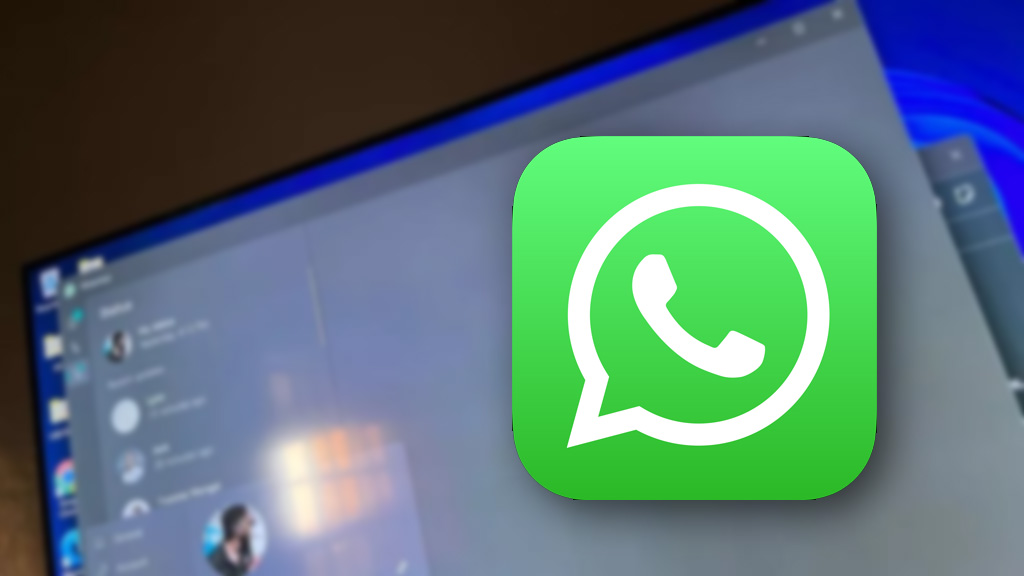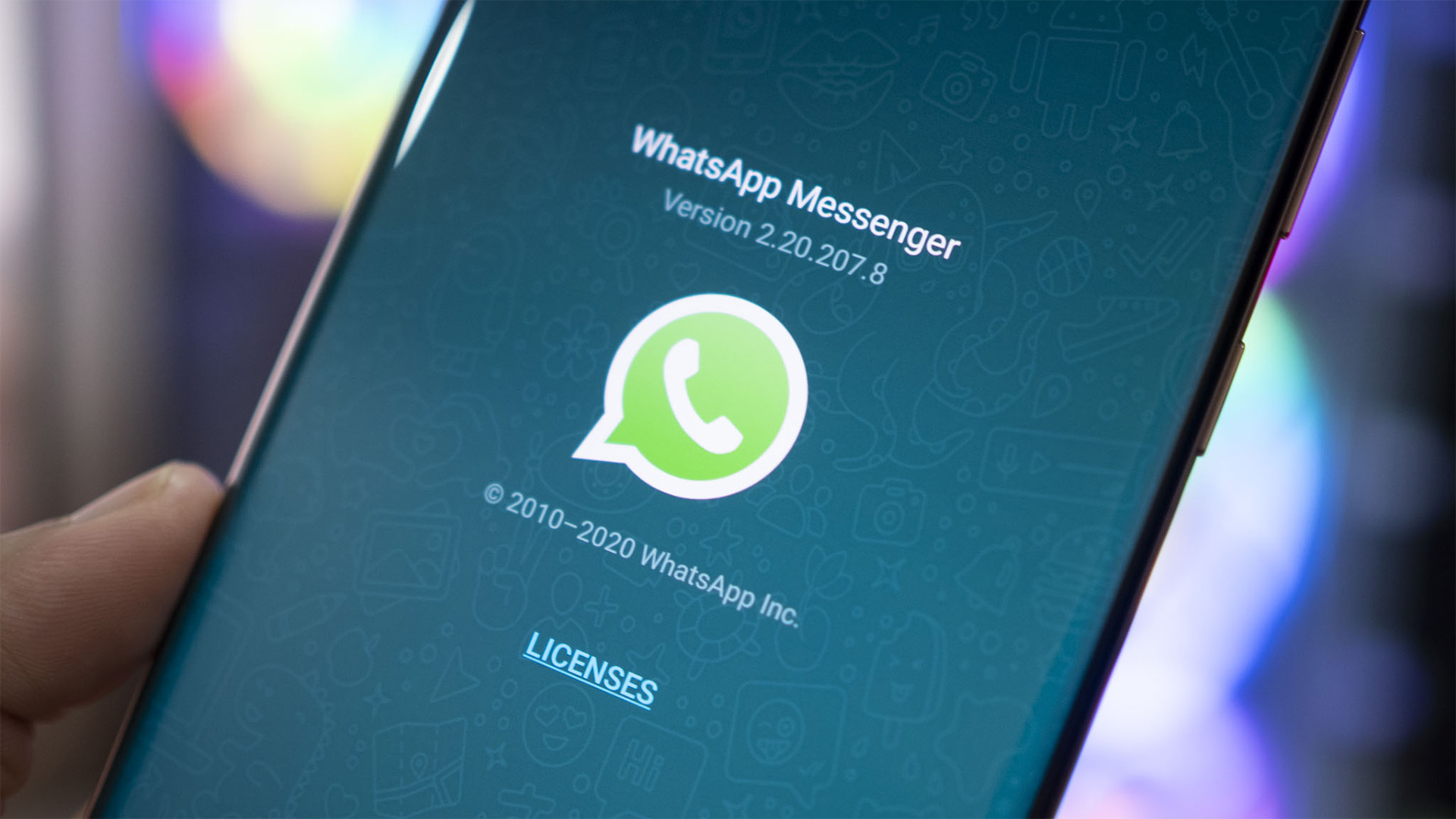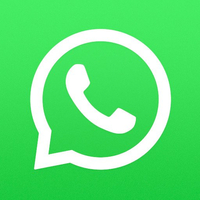Meta caves to EU pressures with an apparent cross-platform messaging feature for WhatsApp
You may soon be able to message users outside of WhatsApp.

What you need to know
- A new WhatsApp feature dubbed 'third-party chats' is in the works.
- It's reportedly designed to promote interoperability, allowing users to send messages to other platforms besides WhatsApp.
- It follows the EU listing Meta, Apple, Microsoft, and other companies as designated gatekeepers.
- The companies have six months to comply with the Digital Markets Act's rule, and Meta has already kickstarted the process.
WhatsApp is among the most popular message platforms thanks to various modern features, including video calling and screen sharing. I recently listed several features that could transform WhatsApp into a dream messaging app for Windows, and Meta even added support for HD photos for the web version in a recent update. Now, Meta is working on incorporating a new feature into WhatsApp dubbed 'third-party chats.'
It's unclear when this mysterious feature will ship for general availability, but it is reportedly "under development" and will be available in a "future update," as WABetaInfo claims. Once available, users will be able to interact with users across multiple platforms. This development comes nearly a week after the EU Commission listed six companies as designated gatekeepers, including Alphabet, Meta, Microsoft, and more.

As a result, 22 core platform services provided by the six gatekeepers, including Meta's Facebook, WhatsApp, and Instagram, Microsoft's employment-focused social network platform, LinkedIn, and more, were affected. The companies listed as designated gatekeepers were given a maximum of six months to comply with the EU's new Digital Markets Act, failure to which would see the companies attract hefty fines.
Meta developing the 'third-party chats' feature for WhatsApp users perhaps indicates that the company has initiated the process of complying with the regulations before the allocated six-month period ends. The EU Commission's goal under the DMA is to prevent gatekeepers from imposing unfair practices on businesses and end users while simultaneously "ensuring the openness of important digital services."
As such, the gatekeepers must share data, link to competitors, and ensure their services are interoperable. As highlighted in WhatsApp beta for Android 2.23.19.8 update release notes:
Interoperability will allow other people to contact users on WhatsApp even if they don’t have a WhatsApp account. For example, someone from the Signal app could send a message to a WhatsApp user, even without a WhatsApp account. While this broader network can definitely enhance communication with those people who use different messaging apps and assist those small apps in competing within the messaging app industry, we acknowledge that this approach may also raise important considerations about end-to-end encryption when receiving a message from users who don’t use WhatsApp.
In this context, as this feature is still in its early stages of development, detailed technical information about this process on WhatsApp as a gatekeeper is currently very limited, but we can confirm that end-to-end encryption will have to be preserved in interoperable messaging systems. In addition, as mentioned in Article 7 of the regulations, it appears that users may have the option to opt out when it will be available in the future.
Get the Windows Central Newsletter
All the latest news, reviews, and guides for Windows and Xbox diehards.
Interoperability isn't always a good thing
The organizations listed as gatekeepers have been up in arms, contesting the EU Commission's to open up their digital services, but the Commission countered and indicated that their services provide "an important gateway between businesses and consumers in relation to core platform services."
The DMA's goal is to prevent gatekeepers from imposing unfair practices on businesses and end users. Still, companies such as Microsoft have argued that interoperability will negatively impact the services they render and give an upper hand to competitors.
WhatsApp is one of the most popular messaging apps on the planet. It supports chats, group chats, audio calls, and video calls. It works through the web, so you can communicate with people around the world without paying for international calling or texting.

Kevin Okemwa is a seasoned tech journalist based in Nairobi, Kenya with lots of experience covering the latest trends and developments in the industry at Windows Central. With a passion for innovation and a keen eye for detail, he has written for leading publications such as OnMSFT, MakeUseOf, and Windows Report, providing insightful analysis and breaking news on everything revolving around the Microsoft ecosystem. While AFK and not busy following the ever-emerging trends in tech, you can find him exploring the world or listening to music.

